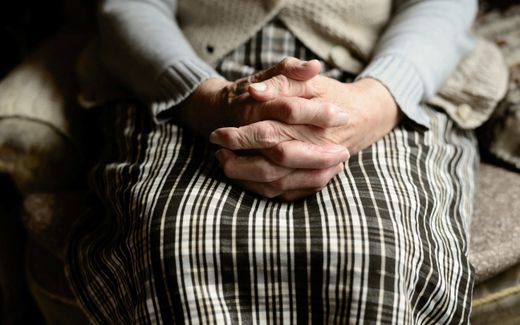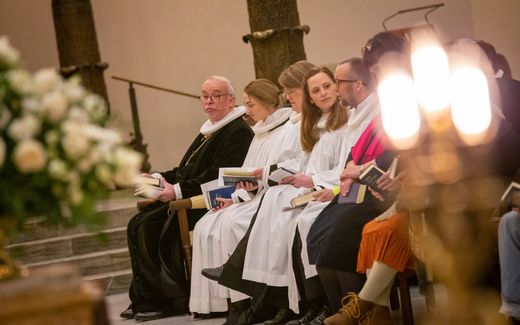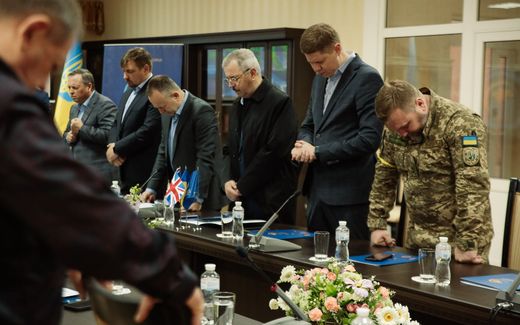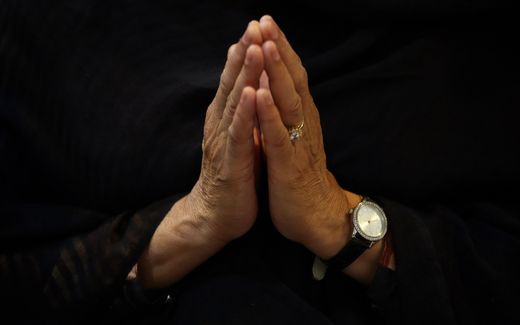Danish Church outraged over potential abolition of Prayer Day
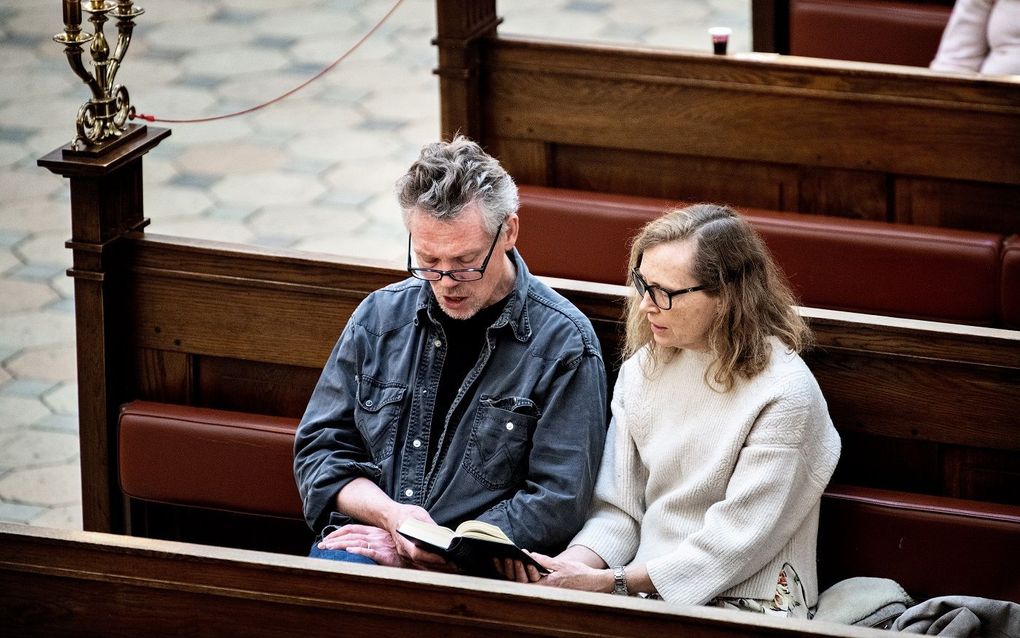
Photo EPA, Nils Meilvang
Northern Europe
While politicians squabble with each other over whether or not to abolish National Prayer Day, the Church of Denmark stands on the sideline. “This undermines our national church system.”
The Danish government’s proposal to remove the National Prayer Day is an expression of “unheard state interference” and should immediately be dropped. That is what almost all ecclesiastical actors in Denmark agree on, writes the Christian Danish daily Kristeligt Dagblad. However, it is mainly politicians who take part in the debate. The great absentee in this debate is one of the biggest stakeholders: the Church of Denmark.
Bertel Haarder is a former MP and MEP for the Danish Liberal party Venstre. According to him, the second day of Pentecost is a “more obvious proposal” because it “does not serve any purpose”: “Great days of prayer are, after all, used for something - namely for confirmations, and we have a tradition of eating warm wheat the night before. There aren’t any traditions attached to the second day of Pentecost”, Haarder says in the Danish daily Jyllands-Posten. Haarder expects that the cancelling of the second day of Pentecost would have more understanding from Christians.
Christian Friis Bach, an MP for the Danish Social Liberal Party, also suggested removing the second day of Pentecost: “The Day of Prayer has ecclesiastical significance (...). Remove the second day of Pentecost instead; it is a strange holiday.” To Kristeligt Dagblad, Friis Bach says that he can’t think of anything special about the second day of Pentecost. “Apart from the fact that one’s youngest son was confirmed that day.”
Money
In total, nine Danish opposition parties oppose the government’s plans to remove the National Day of Prayer, writes the Norwegian Christian daily Dagen.
However, the government stands its ground. An extra day’s work increases gross domestic product (GDP) by €1.3 billion, according to the Danish Ministry of Finance. It also boosts the state coffers by €430 million annually. And that money is needed to strengthen the Danish defence amidst the war in Ukraine.
Absentee
Henrik Stubkjær, bishop of the Viborg Diocese, does not believe that the central point of outrage in the debate is which holiday is to be abolished: “The decisive thing is that the minister chooses to go to the Queen with a royal resolution without even consulting the parties of the Church. It is a breach of the national church system that we have had since the introduction of the Constitution in 1849”, Stubkjær says to Kristeligt Dagblad. “The problem is that we now have a minister who makes theological decisions and undermines our national church system.” He suggests that the big day of prayer be moved to Saturday instead so that it remains a public holiday.

Stubkjær finds it difficult to assess whether there should be greater support in church circles for abolishing the second day of Pentecost as a public holiday. “I dare not say that because we have not discussed that. It implies a great deal of theological work, which would have to be widely discussed in the Church, what should happen with the texts we are preaching about now.”
Peter Birch, Bishop of Helsingør Diocese, also thinks the Church should be consulted. “The Government’s proposal has come as a bolt from the blue, and any attempt to address the idea by proposing another day is as loose as the idea itself.”
Referendum
It would not be the first time the Danish government has cancelled a holiday. In 1770, 10 public holidays were abolished at once, including the third day of Christmas, the third day of Easter and the third day of Pentecost.
Still, almost half of the Danes want a referendum on the abolition of the National Day of Prayer, a poll shows. Nearly 46 per cent of those questioned answered that they “strongly agree” or “agree” that the government should call a referendum on the abolition of major days of prayer. The survey shows that should a referendum be called on major days of prayer, six out of ten would vote no for abolition.
Related Articles


